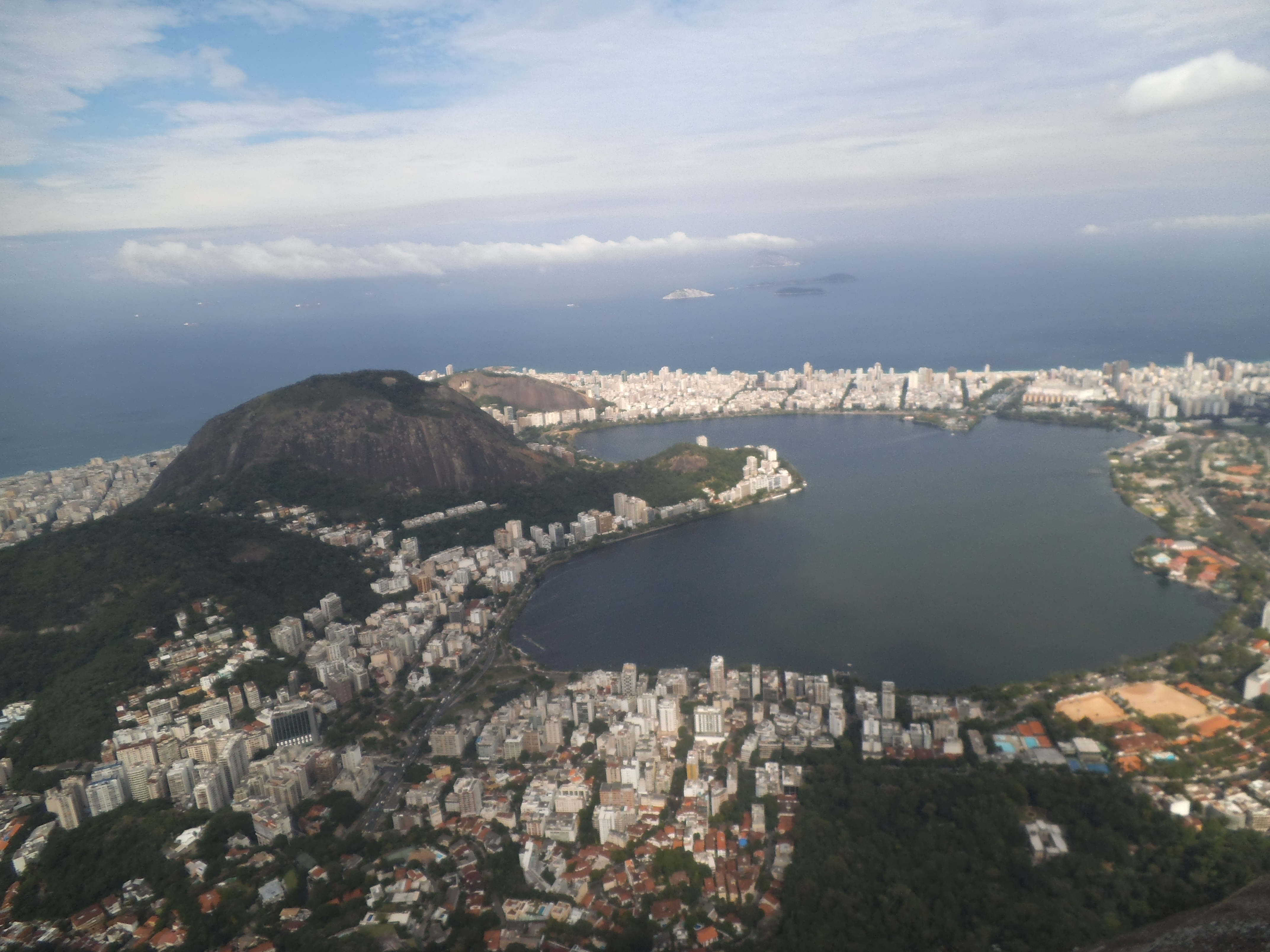
Before coming to Rio, it’s advisable to have an idea of what to expect. Cariocas are known for their friendliness and you'll find it’s normal to be invited to the house of someone you have just met. They respond well to those making an effort to speak Portuguese; even if it’s just the basics, they’ll get you far.
Public transport can be problematic. As far as buses are concerned, they're a challenge. So it’s best to forget everything you’re used to when it comes to catching a bus. Stops are marked by small wooden signs with numbers on them, either attached to poles by the road or hanging from nearby trees. Maps are few and far between. The easiest way to spot a bus stop is to look for a gathering of people. Rio’s metro is open Monday – Saturday 5am-midnight and Sunday 7am-11pm. You'll find the metro gets packed during rush hour so allow yourself plenty of time if using then. The airport isn't integrated with the metro and so to get from the airport you'll need to take either a cab or the bus which you'll find outside the airport.
Yellow taxis operate around the city 24/7 and provide a safe, relatively inexpensive method of transport. Make sure the meter is set at Tarifa 1, unless it is after 9pm or on a Sunday, public holiday or during December when the meter will be on Tarifa 2, which will cost you slightly more.
It’s important not to assume cars will stop at zebra crossings; never attempt to cross a road unless the car has come to a complete stop.
Something which you'll learn rather early on is that Cariocas tend to make plans without the slightest intention of following through. It can be infuriating, but go with the flow and don’t expect any of the plans to actually happen. If they do you’ll be pleasantly surprised.
Favelas have become safer in recent years for visitors and residents alike, but it is still advisable to visit with an experienced guide. It is not recommended to wear lots of jewellery in any parts of Rio, nor is it advisable to carry around a full wallet. But Rio is nowhere near as dangerous as it is made out to be, so as long as you have your wits about you you'll be fine!




I am brazilian and was looking for how our country is shown for tourists. You are absolutely right about how public transport is difficult. And that was sad to me to recognize, because that is a reality of all over the country. But there is one thing I would l like to reforce. There are one or two favelas in Rio that is nowadays safer for tourists, like Vidigal, for example. In general, a favela is not a touristic place, as if it was a museum, but is a sign of social inequality, which gives different opportunities to most of the people. Even if in these places have good people and sometimes good projects in development, this condition can generate violence. It is sad to say, but that is the reality of a country that even if being the most beautiful place to live has lots of incongruences.
Posted on Mon 22 Sep 2014 17:21:03